

Conference Hosts
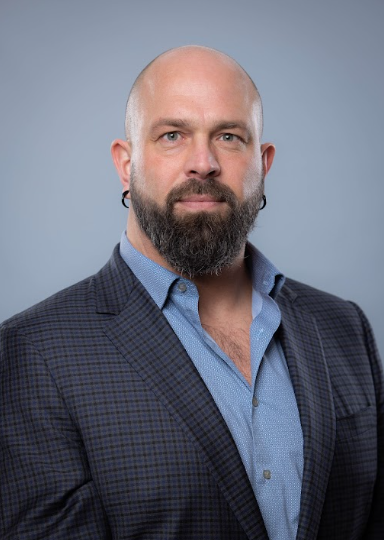
Brian R. Lawler
Kennesaw State University
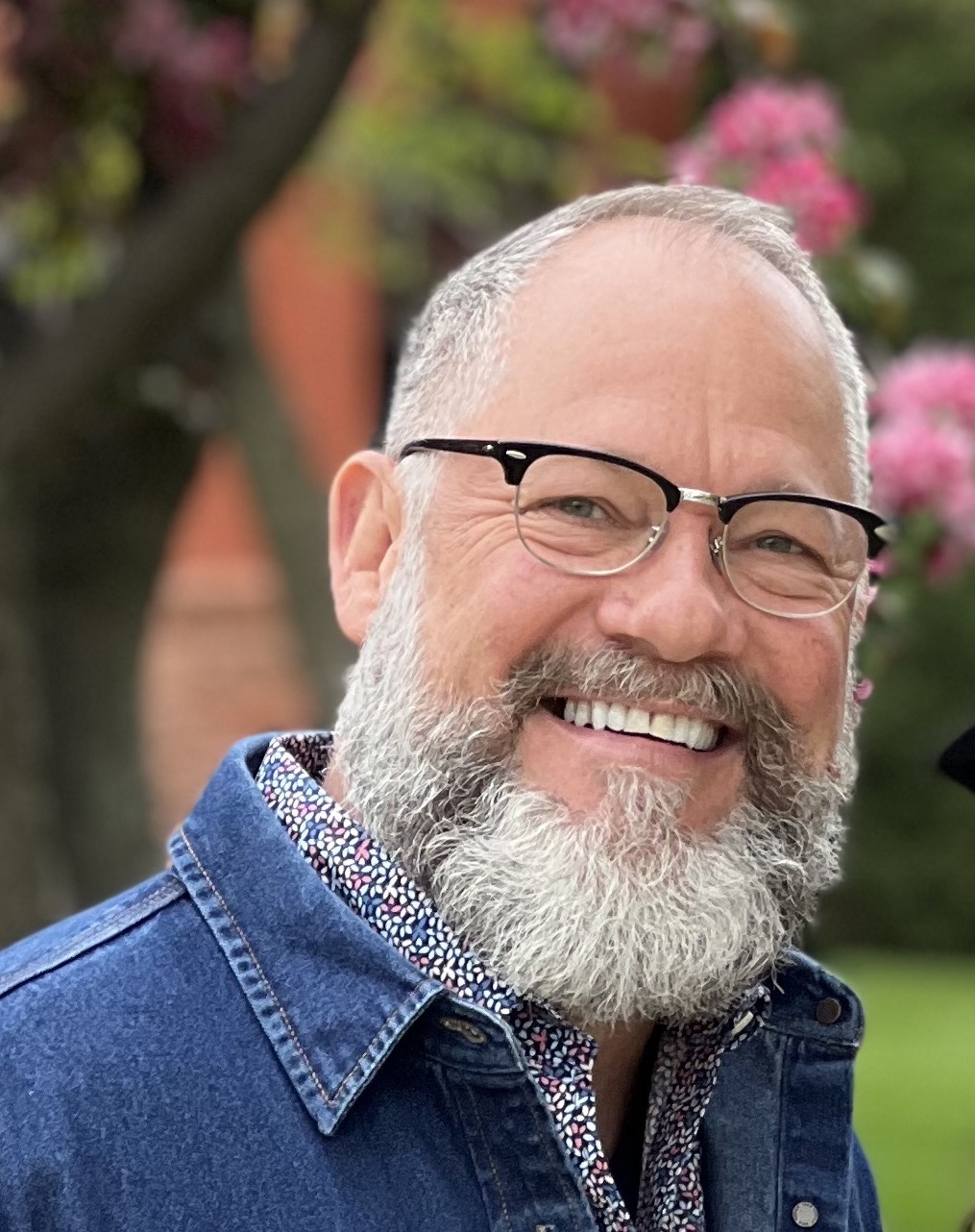
David Stinson
Georgia State University

Quincy Dawson
Kennesaw State University
Theme & Plenary Speakers

David Bowers
University of Tennessee, Knoxville

Erika Bullock
University of Wisconsin, Madison
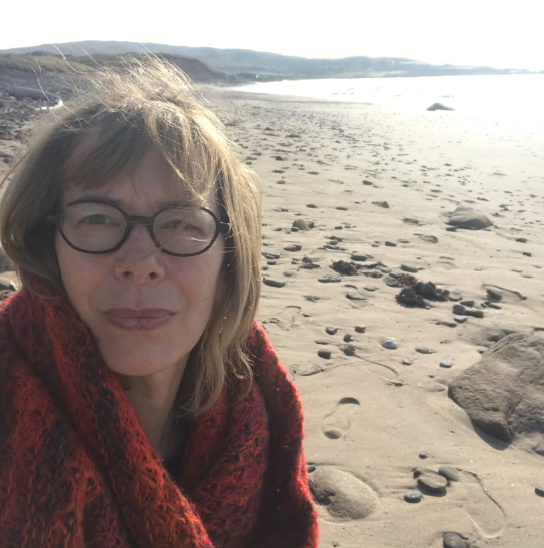
Elizabeth de Freitas
Adelphi University
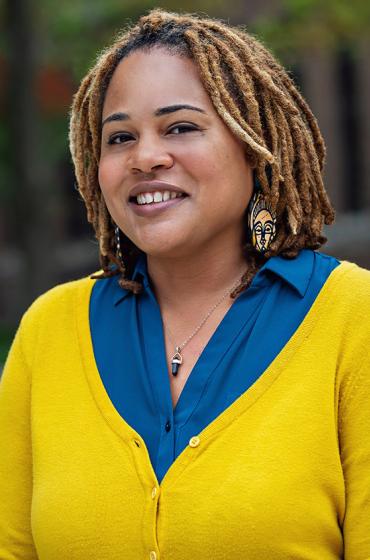
Maisie Gholson
University of Michigan

Gregory Larnell
University of Illinois, Chicago
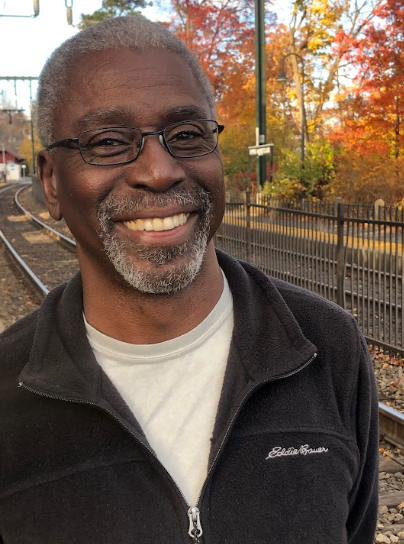
Arthur B. Powell
Rutgers University, Newark
Proceedings
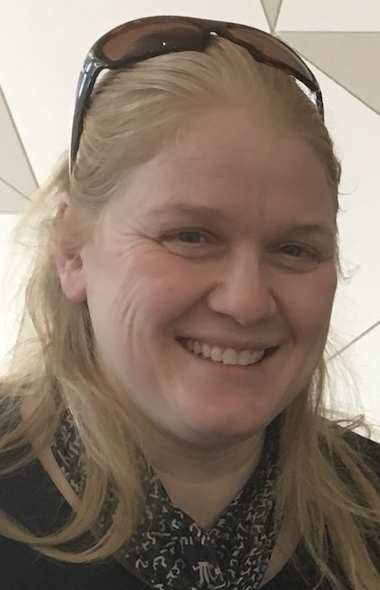
Gizem Karaali
Pomona College

Luis Antonio Leyva
Vanderbilt University
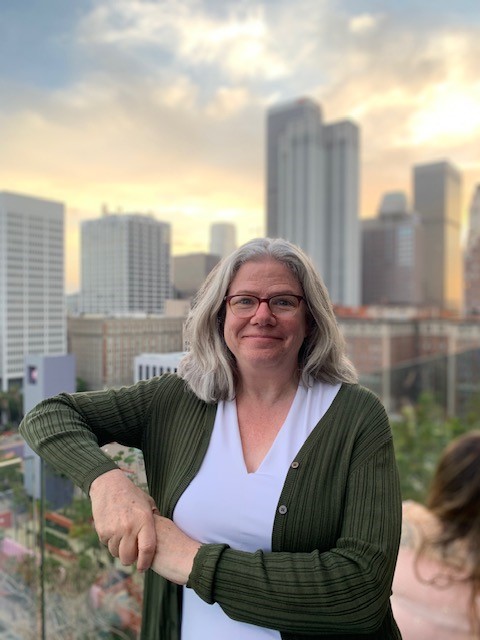
Jennifer McCray
Erikson Institute
Inclusion & Diversity

Andrew Brantlinger
University of Maryland

Victoria Hand
University of Colorado, Boulder
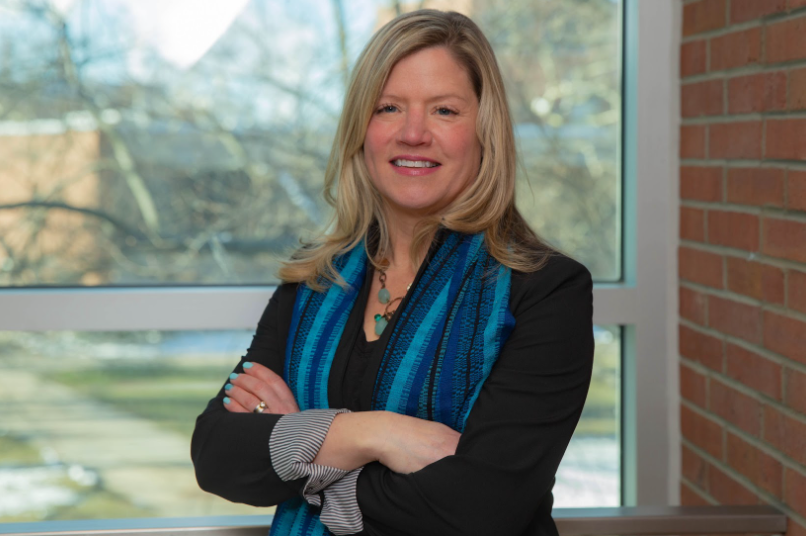
Beth Herbel-Eisenmann
Michigan State University
Atlanta Welcome

Karie C. Brown
Georgia State University
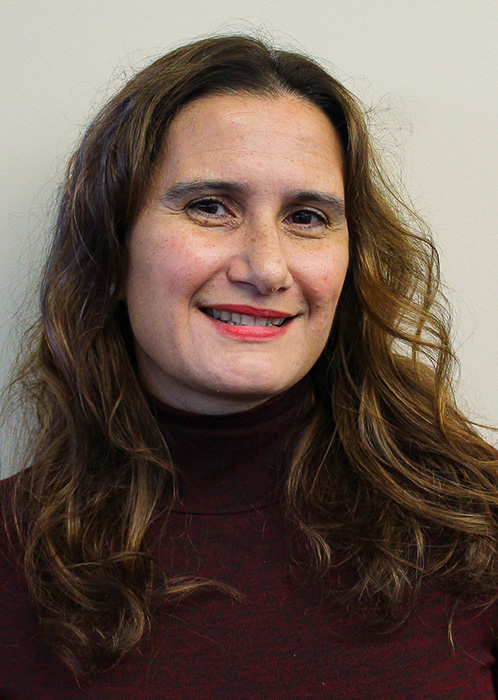
Paula Guerra
Kennesaw State University
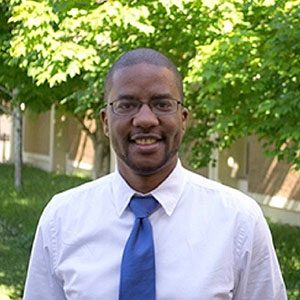
Christopher Jett
Georgia State University
Website & Artwork

Quincy Dawson
Kennesaw State University

Frances K. Harper
University of Tennessee, Knoxville
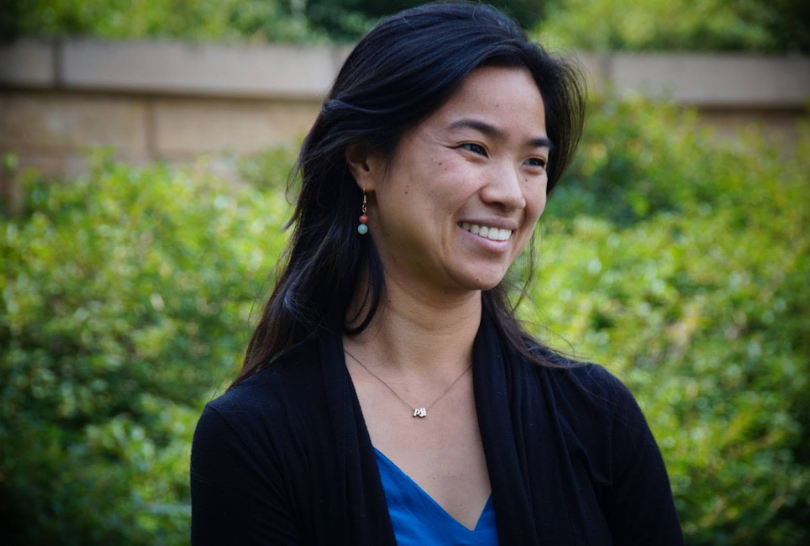
Nicole Louie
University of Wisconsin, Madison
Finances
In preparing for the next convening of Mathematics Education and Society 13 (MES13) in 2025, we have been focused on the need to be responsive and current, and to highlight the ongoing relevance and importance of research on social, material, and cultural aspects of mathematics education. Our hope is that MES13 will offer opportunities to: (a) interrogate the racialized and gendered economy of mathematics education, showing how this shapes different international practices in teaching and learning, with special emphasis on the American postcolonial context; (b) examine the links between mathematics education and images of reason, intelligence, embodiment, and dis/ability, revealing alternative and pluralist ways of knowing and doing mathematics, both in and out of formal education settings; (c) investigate the ways that mathematics and mathematics education are implicated in imperialism and the military-industrial complex, and caught up in the rapid proliferation of AI technologies, algorithmic governance, and digital technocracy; and (d) explore modes of mathematical activity that cultivate a socio-ecological responsibility for more-than-human life worlds, in search of new mathematical imaginaries and compassionate openings for reconnection across different communities and modes of being mathematical.
We have selected an image from the work of African American sociologist W.E.B. Du Bois (1868-1963) for the webpage because it speaks directly to the historical context of Atlanta, Georgia, where the conference will convene, as well as representing a particular social justice application of mathematics. Du Bois collected sociological data about Black communities in Atlanta and the environs, and created a set of powerful graphical representations that were shown at the 1900 Paris Exposition. These inventive graphs were an important political intervention, revealing Georgia’s ongoing racist inequitable conditions. This work stands as a testimony, both to Du Bois’ inventive and ground-breaking use of mathematics, and also to the ‘afterlife of slavery’, a term coined by Saidiya Hartman (2008) to describe the way in which “a racial calculus and a political arithmetic” continue to shape communities in North America and elsewhere.
References
Battle-Baptiste, W. & B. Rusert, B. (2018). W.E.B. Du Bois data portraits: Visualizing black America. Princeton Architectural Press.
Hartman, S. (2008). Lose your mother: A journey along the Atlantic slave route. MacMillan Publishers.
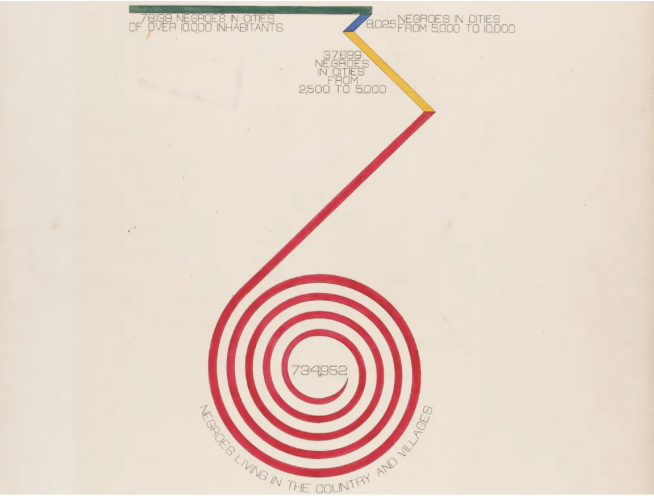
Attribution Links
https://www.zinnedproject.org/materials/du-bois-data-portraits